Senate Leadership
Purpose and Functions
The University Academic Council (UAC) shall serve as the executive board of the University Senate.
Membership Guidelines
The UAC shall consist of the presidents, presidents-elect, and immediate past presidents of the campuses.
The assembly membership of each campus shall elect a new president-elect each spring semester in accordance with procedures established in Bylaw III of the University Senate. The president-elect will take office June 1. Read the history of the University Academic Council here.
2025–2026 Leadership
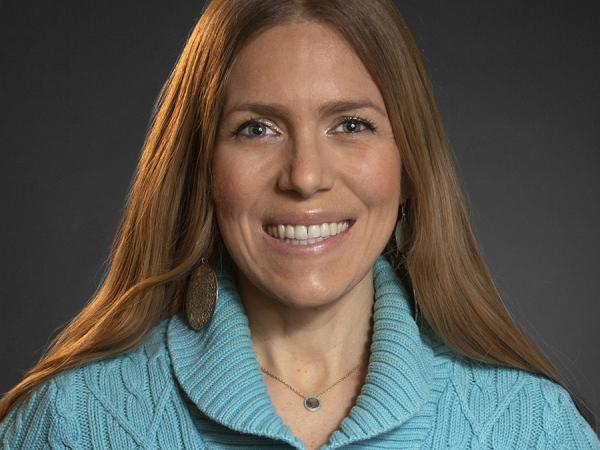
Elisa Kawam
Senate President and Chair of the UAC
Contact
Biography
Elisa Kawam has her BSW, MSW, and PhD in social work. Her scholarship has focused on children, youth, and families in the intersectionality of poverty, violence, substance use/abuse, trauma, and child welfare.
She has a passion for preventing, understanding, and then for empowering the healing of trauma and PTSD. Kawam believes in the goodness of people, the strength of families, and the power of communities in co-creating a just society. A grassroots social worker, Kawam is called to public service, servant leadership and education.
She is a trauma informed yoga teacher and loves animals, music, books, and hiking.
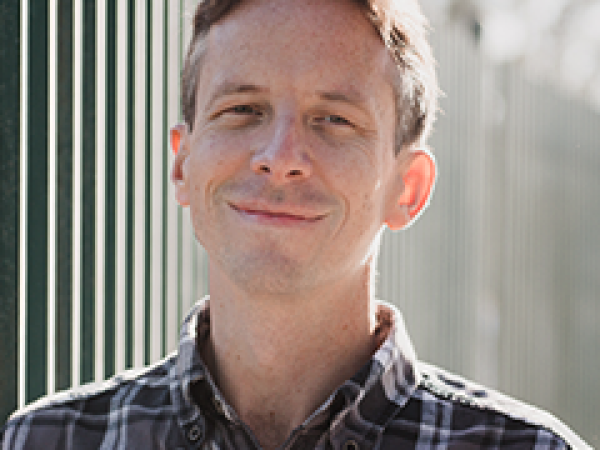
Ian Derk
President, Downtown Phoenix campus
President-elect, Maureen McCoy | Past president, Tamara Rounds
Contact
Biography
Ian Derk (he/him) is an Assistant Teaching Professor in the College of Integrative Sciences and Arts. His teaching focuses on communication theory, graphic novels, and small group processes. He researches community formation and community radio.
He is a Returned Peace Corps Volunteer (Morocco, ‘07-’09) and continues his Peace Corps work by leading study abroad programs that focus on the Peace Corps experience.
In his spare time, Derk enjoys rock climbing, table-top game design, and hanging out with his cat.
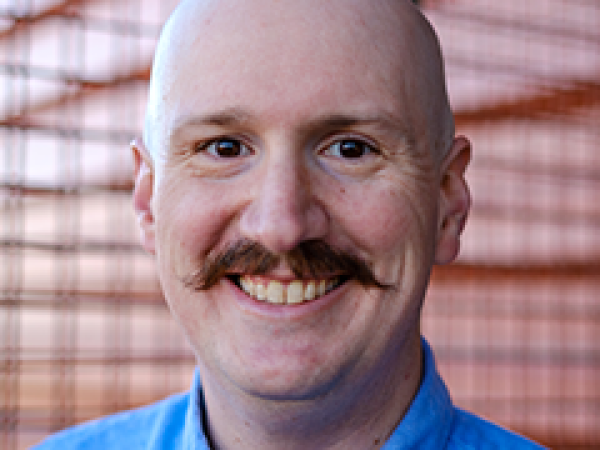
Contact
Biography
David Burel is Clinical Associate Professor and Faculty Head in the School of Applied Science and Arts. He serves as President for the Polytechnic campus for 2025-2026, having previously served as President-Elect. His shared governance experience includes University Senator, chair of the Committee on Committees, and CISA CAC President.
His research examines technology, enthusiasts, and tourism, particularly automobile history in American culture.
His first book, From Rolling Bungalows to Mobile Mansions: The Origins of America's Obsession with the Recreational Vehicle, is under contract with University Press of Florida. His second project explores the rise of Sports Utility Vehicles in American automobile markets. He oversees curriculum and teaches in multiple areas at the Polytechnic campus and Online, including STS, History, Military and Veteran studies, and Interdisciplinary Studies.
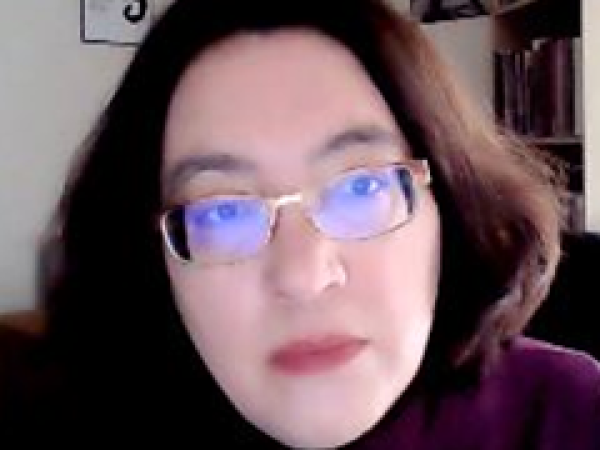
Contact
Biography
Philadelphia born and bred, Sarah Bolmarcich attended Smith College in Northampton, MA. She went to graduate school at the University of Pennsylvania, Philadelphia, PA (post-baccalaureate program), and at the University of Virginia, Charlottesville, VA. She studied abroad at the American School of Classical Studies at Athens as a Fulbright Scholar (2002-2003) and returned on a postdoctoral fellowship in 2004-2005.
She has lived and taught in Baltimore, MD (Loyola College); Ann Arbor, MI (University of Michigan); Austin, TX (University of Texas); Minneapolis, MN (University of Minnesota-Twin Cities); and San Antonio, TX (Trinity University), before arriving at ASU in the fall semester of 2010. She works on ancient Greek international relations and diplomacy, and publishes often on that topic, as well as papers and articles on Greek history and literature in general.
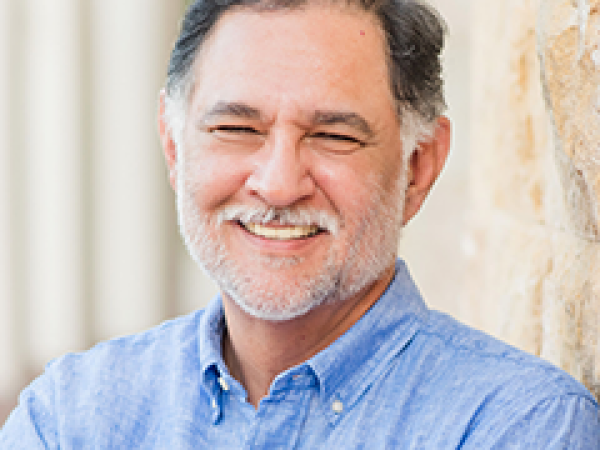
Eduardo Pagán
President, West Valley campus
President-elect, Hala King | Past president, Mary Burleson
Contact
Biography
Eduardo Obregón Pagán is a proud Arizona native, who grew up riding the Rim and shoveling a lot of horse manure.
He is the Bob Stump Endowed Professor of History in the School of Humanities, Arts, and Cultural Studies at the West Valley campus. He has served in a variety of administrative positions within ASU, and leadership roles within the University Senate since 2009.
He has published in literary, geology, history, and sociology journals, and has published books on Western history. He was co host of History Detectives (PBS) and has been featured in international and domestic television shows and documentaries.
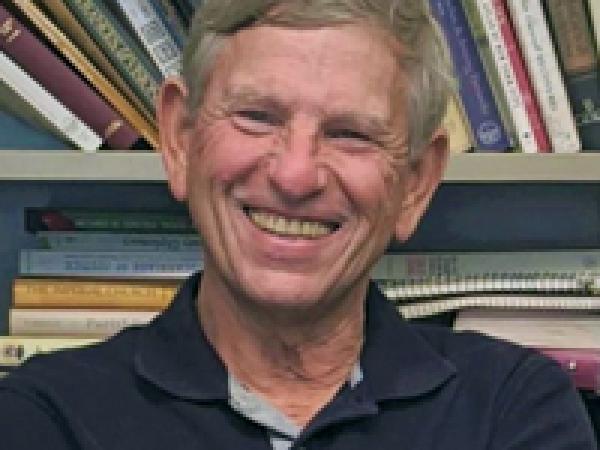
Philip VanderMeer
Secretary, Academic Assembly and University Senate
Contact
Biography
Philip VanderMeer began teaching at ASU in 1985 and retired in May 2016 as a professor of history. He taught American political and urban history, concentrating on the 20th century. As a faculty member, he served as president of the University Senate (2008–2009); member of the University Academic Council (2007–2011); senate member (1998–1990 and 2004–2008); parliamentarian (2006–2008 and 2010–2011). He also served on the ACD Manual Revision Committee and the Grievance Policy Task Force.
VanderMeer has been a member of the Emeritus College since 2016, served on the Emeritus Council from 2018 to 2022 and has been the Emeritus College representative to the University Senate since 2017.